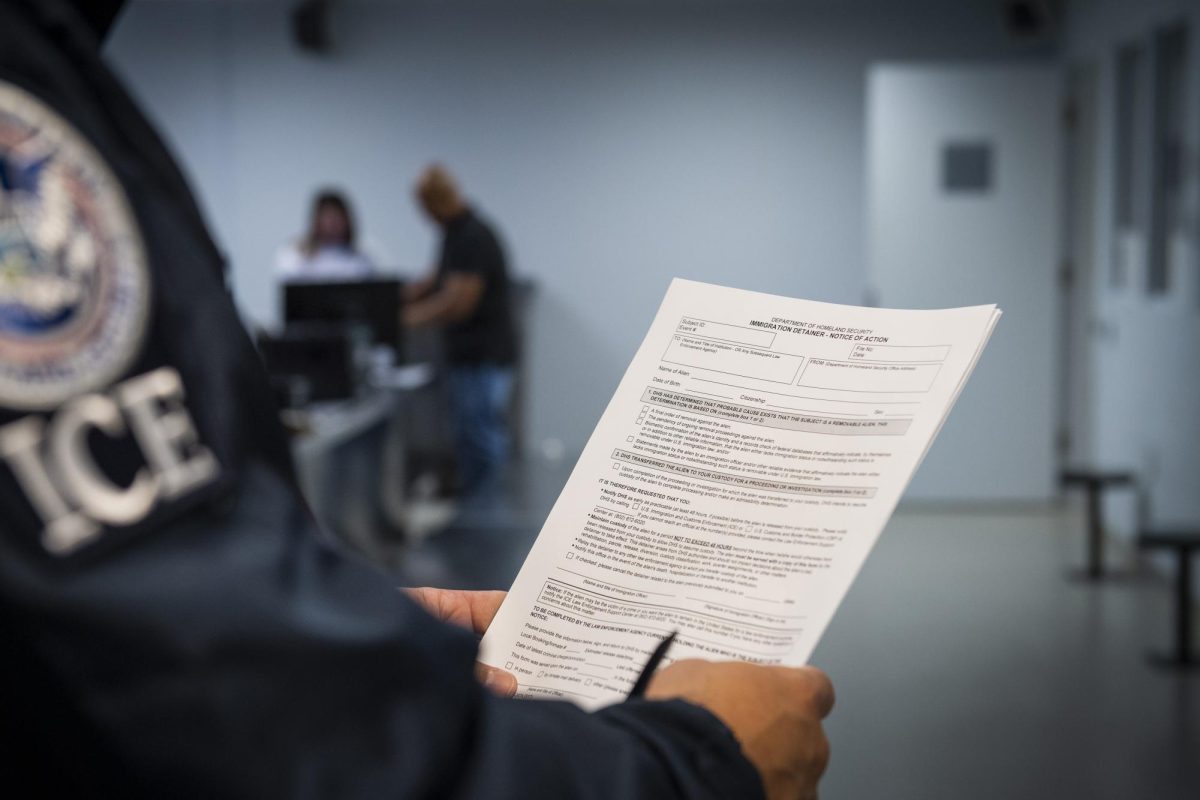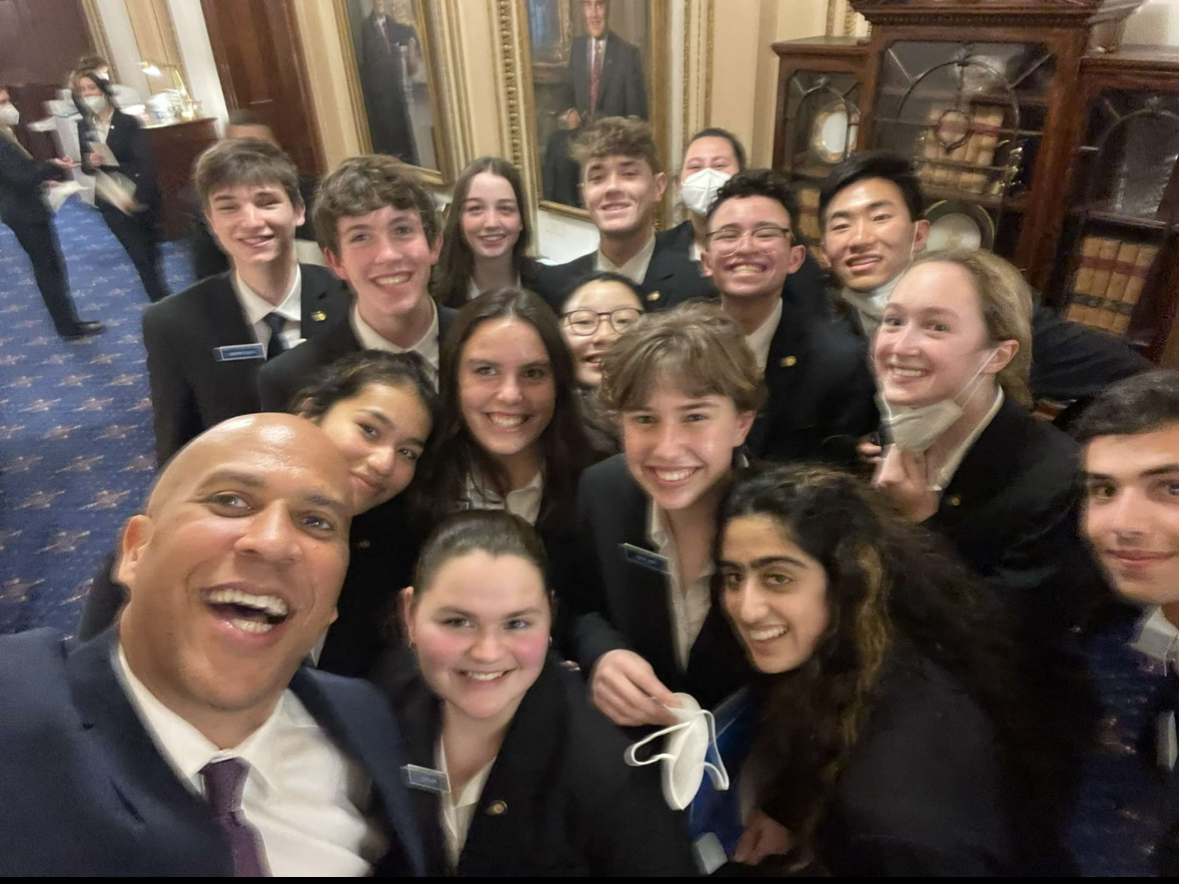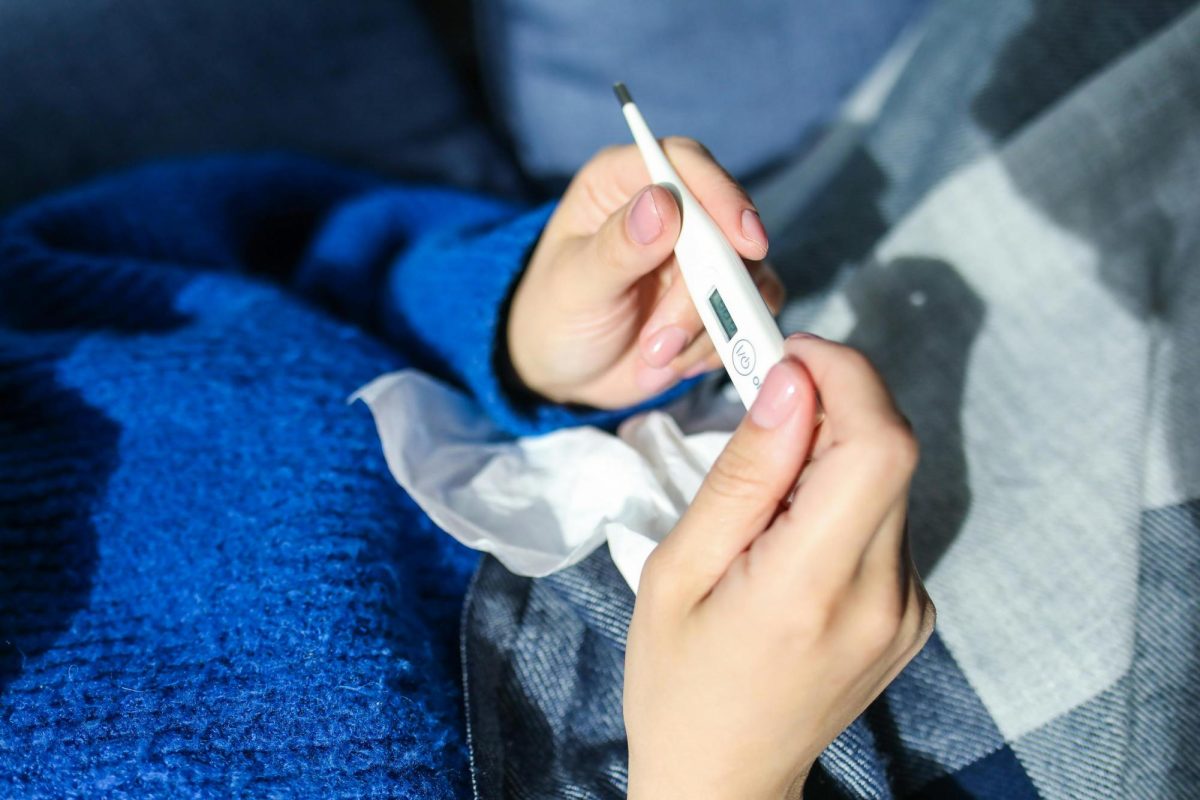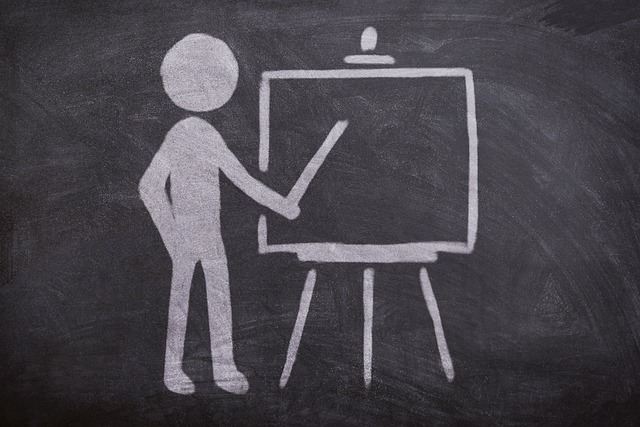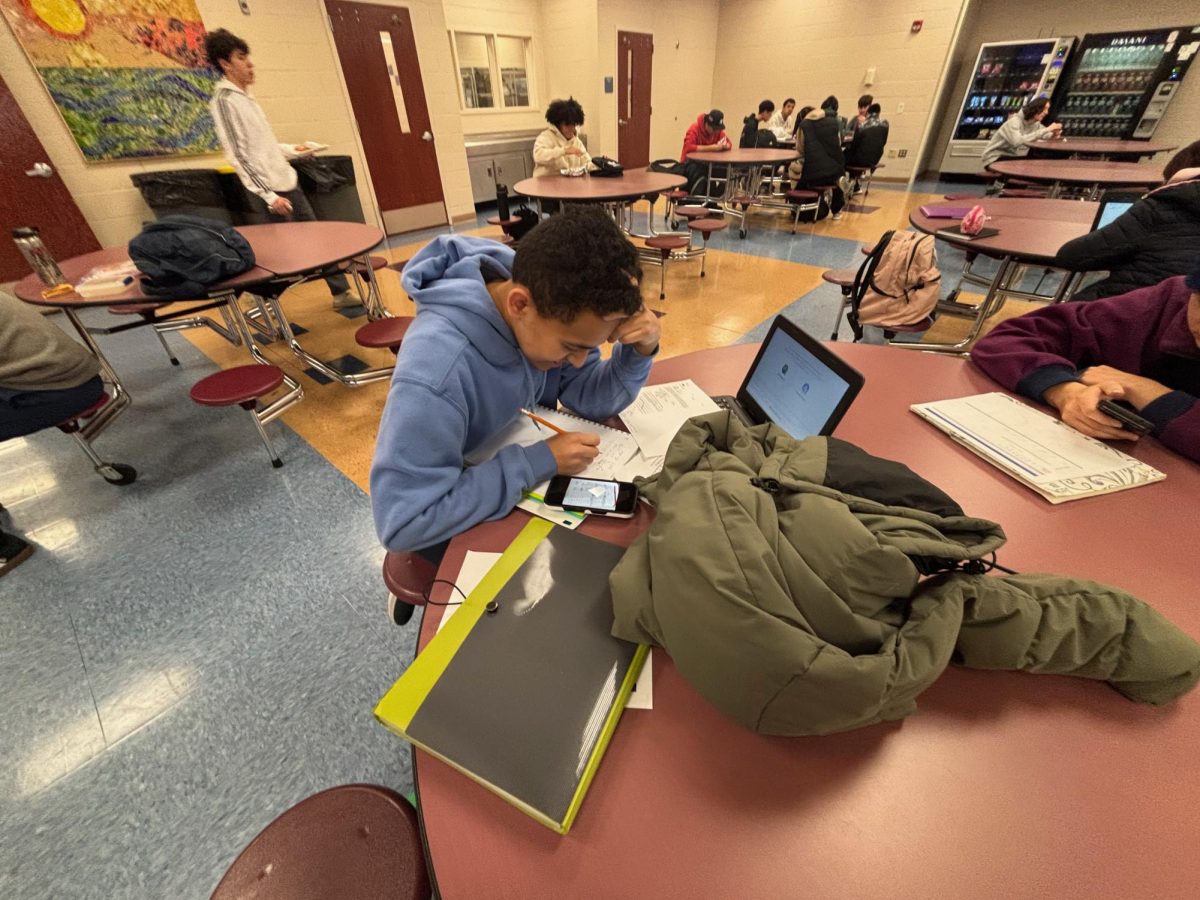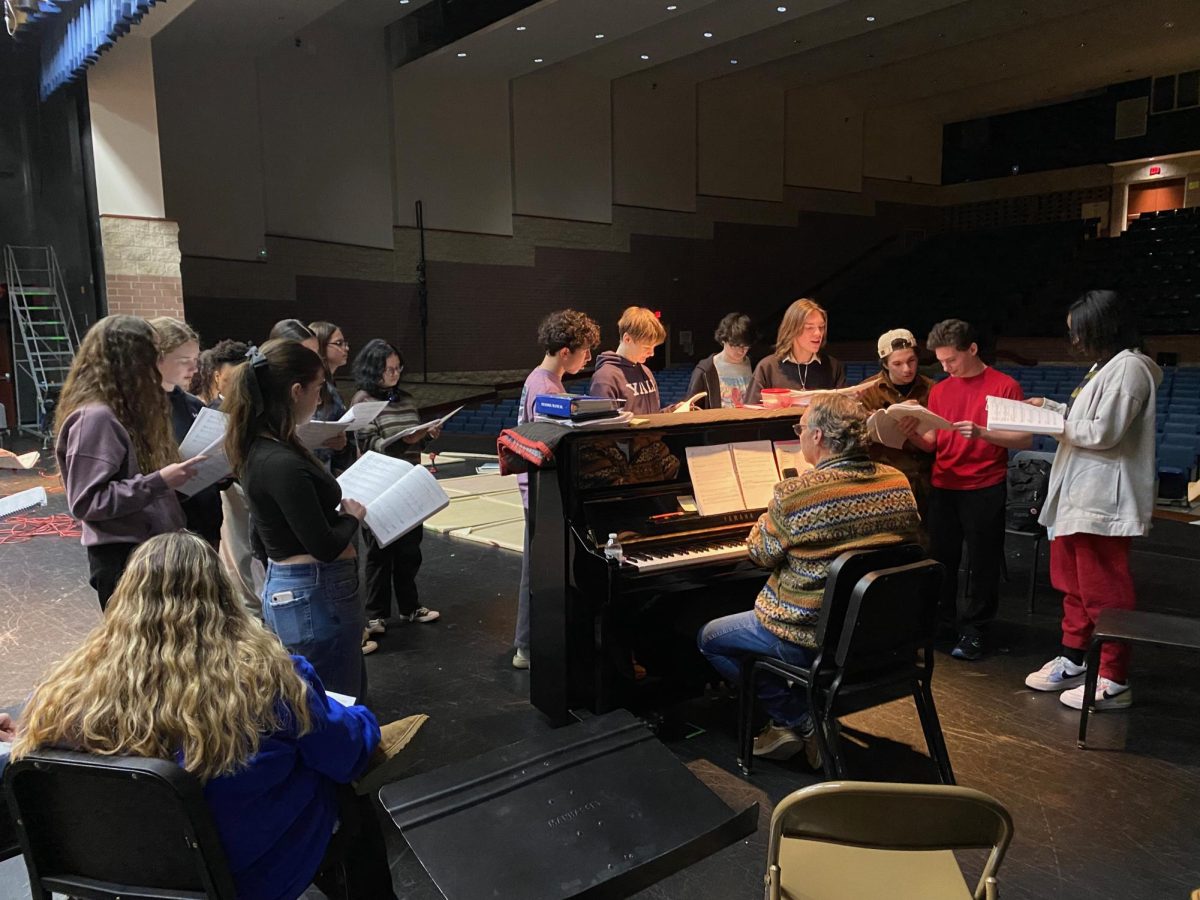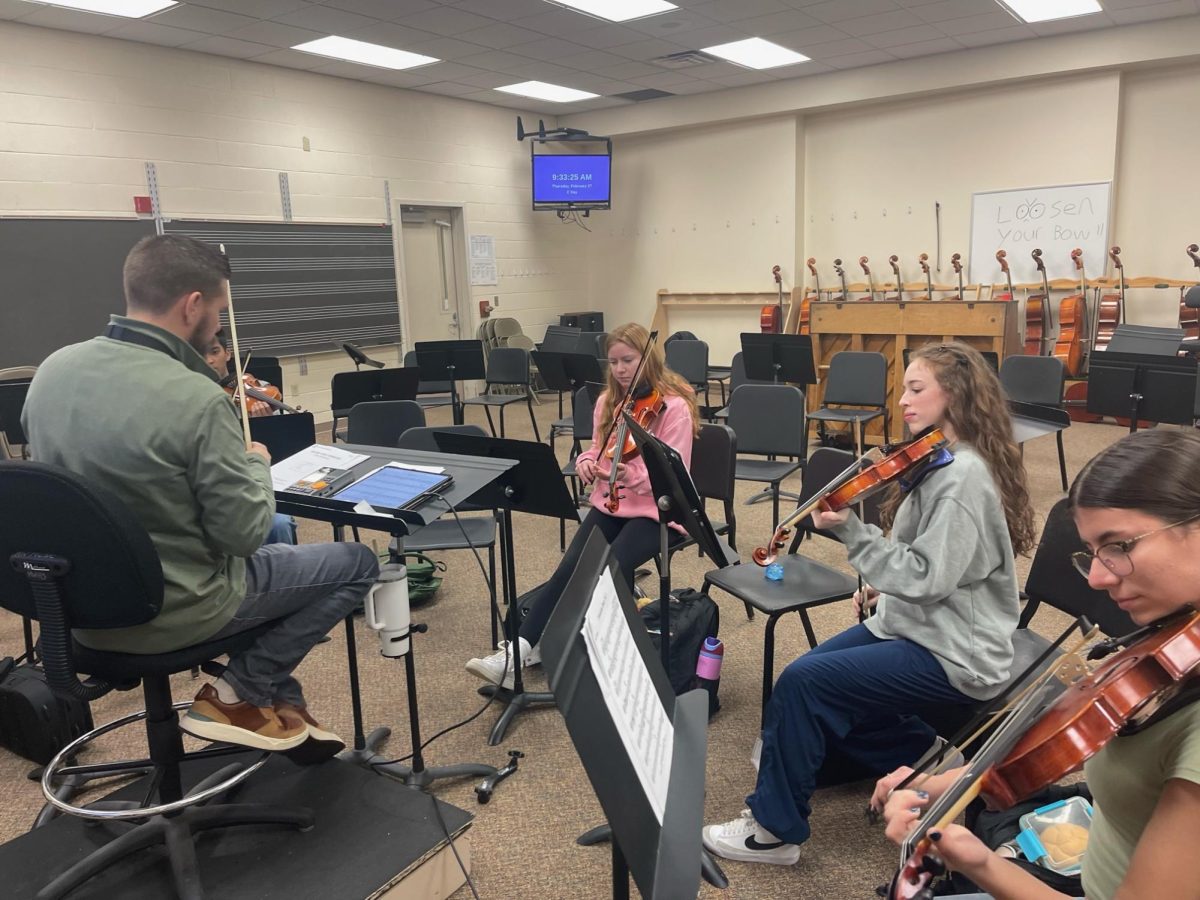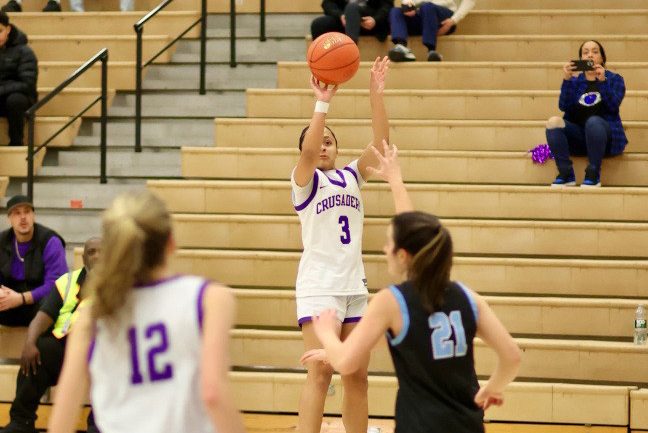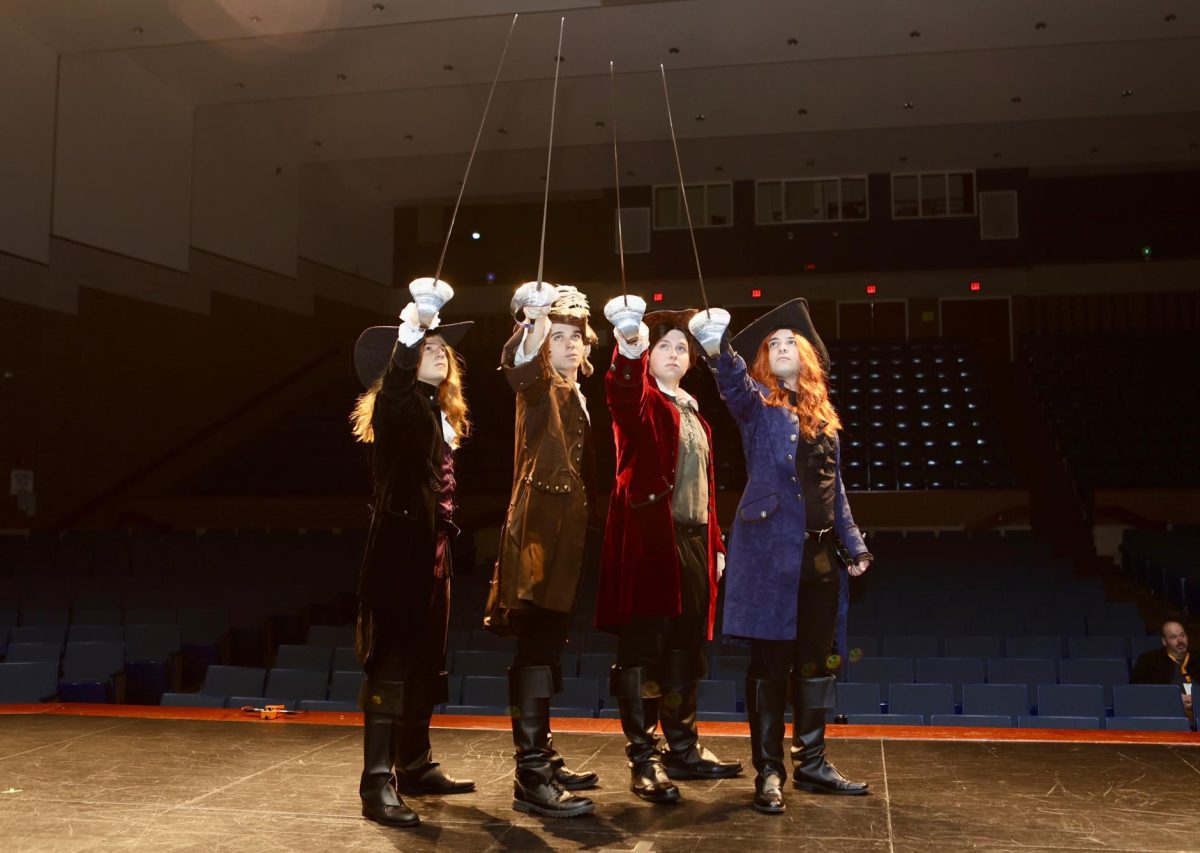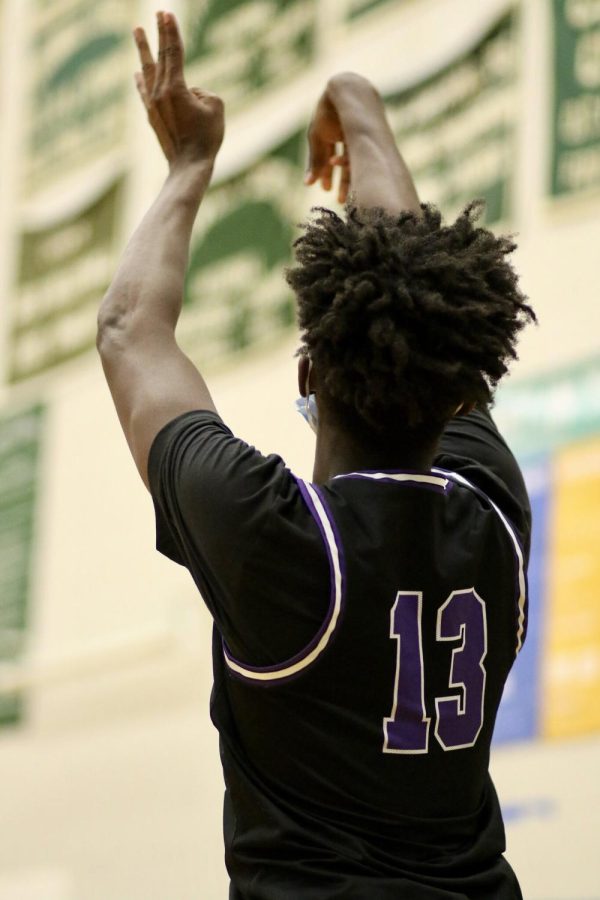Sports can create confident, responsible students, but can also lead to stress
A member of the PTA basketball team makes a shot at the basket.
December 10, 2021
Monroe-Woodbury High School offers a variety of sports that benefit students’ physical and mental well being, but participation in sports also contributes to additional stress for young people.
Some teachers are in full support of students getting involved in sports. Ms. Cunningham, Monroe-Woodbury geometry teacher and a mother said, “As a parent, I actually feel that kids should be involved in sports and activities. I think it keeps the students socially involved, and it’s better for their mental health because they’re with their peers more often.”
Freshman Jesus Romero is among these students. Romero plays soccer during the fall season and is in the intramural soccer program.
Romero said that his teammates and coaches constantly inspired and supported him.
“They cheer me on, they tell me I can do well and even push me to be better than I already am,” said Romero.
Both students and staff agree that sports activities have many benefits for students.
In an email, Ms. Hock, Monroe-Woodbury High School’s athletic director said “The social aspects of participation are a tremendous benefit, and teammates become family and represent a great support system. Sports promote personal responsibility, help students to develop confidence, and challenge individuals to push themselves in many ways.”
Ms. Hock said that sports inspire kids to reach new heights they didn’t know were possible.
“This [being pushed] is how we grow and become the best versions of ourselves that we can be. Athletes are known for their work ethic and that is a coveted and transferable lifelong skill,” said Ms. Hock.
However, some complain that sports add stress to student’s schedules and can be a burden.
According to a report from Ohio University titled “Stress and School Sports”, 30 percent to 50 percent adolescent athletes experience burnout, which is fairly common among teen athletes who play two or more sports and it can have a negative impact on other activities. The report noted that one study showed that 20 percent of adolescent soccer players “experienced high levels of stress before games” and others reported stress after games, especially if their team lost.
Ms. Panetta, one of Monroe-Woodbury’s psychologists, advised students struggling with stress on how to stay organized and manage stress.
“As a teenager, it’s important to have a calendar, an agenda to help keep all your priorities organized,” she said. “If you need help organizing everything, you can always as an adult you trust in the building, and reach out to your school counselor in guidance, also support staff such as a psychologist or social worker.”
Ms. Hock agreed that students should use adults as a resource when they need help. In an email Ms. Hock said “Coaches and teammates should be a source of strength, not stress and their activities should be a source of enjoyment.”
But when it came down to it, Ms. Hock’s greatest advice was for students to choose for themselves, in respect to their personal lives and schedules, if it is truly best to participate in activities or not.
“Extracurricular activities are just that… ‘extra.’ This means that it is optional and each student needs to weigh the benefits for themselves personally,” Ms. Hock said.

